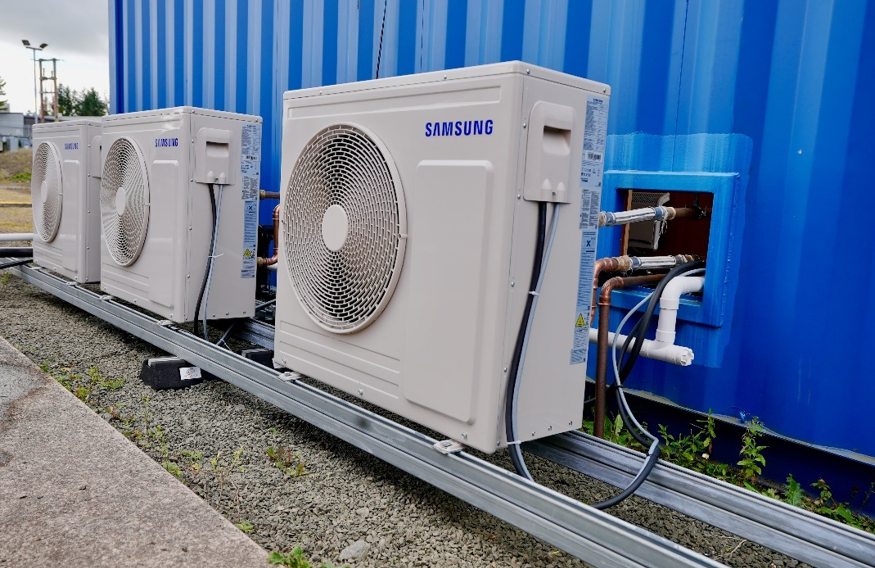A new study has revealed for the first time the vital role CO2 plays in determining the lifespan of airborne viruses, namely SARS-CoV-2, the virus that causes COVID-19.
The research, led by the University of Bristol and published today in Nature Communications, shows how CO2 is a major factor in prolonging the life of SARS-CoV-2 variants present in tiny droplets circulating in the atmosphere.
Lead author Dr Allen Haddrell, senior research associate in aerosol science at the University’s School of Chemistry, said: “We knew SARS-CoV-2, like other viruses, spreads through the air we breathe. But this study represents a huge breakthrough in our understanding of exactly how and why that happens, and crucially, what can be done to stop it.
“But it also highlights the importance of our global net-zero goals because the research indicates even slightly raised levels of CO2, which are increasing in the atmosphere with the onset of climate change, can significantly improve the rate of virus survival and the risk of it spreading.”
During the COVID-19 pandemic carbon dioxidemonitors were used to help estimate ventilation in buildings, as both CO2 and the virus are present in exhaled breath. But this research has uncovered how CO2 itself actually makes the virus survive longer in the air. The researchers also found that different SARS-CoV-2 variants had different aerostabilities, with the latest ‘Omicron’ variant having an extended lifespan.
© 2019 Perspective Publishing Privacy & Cookies







Recent Stories